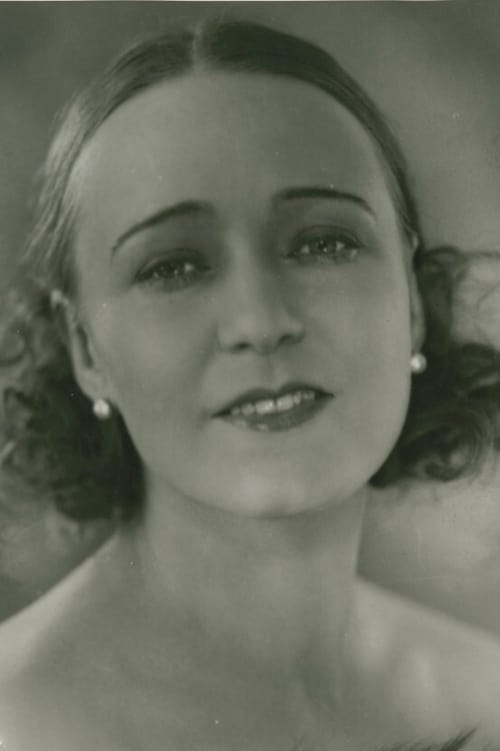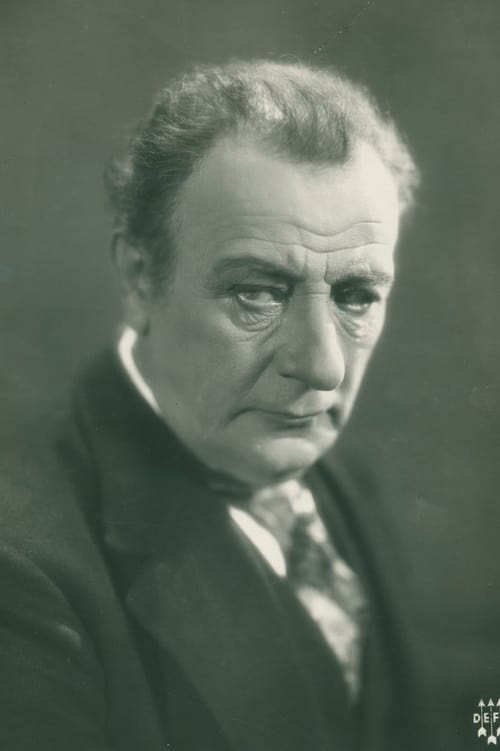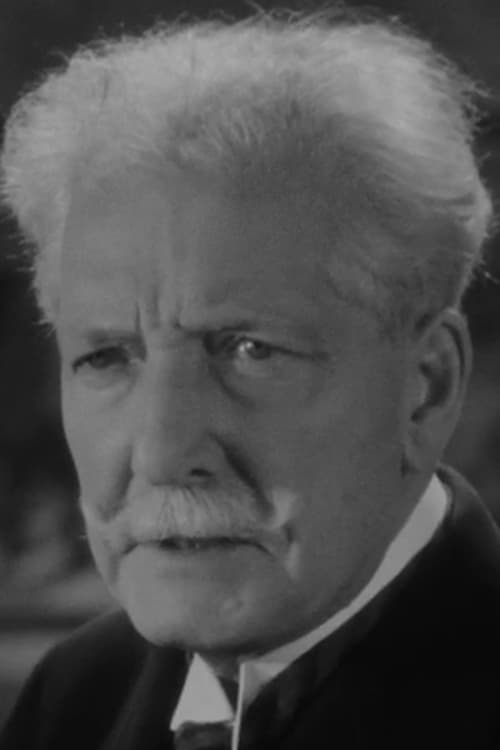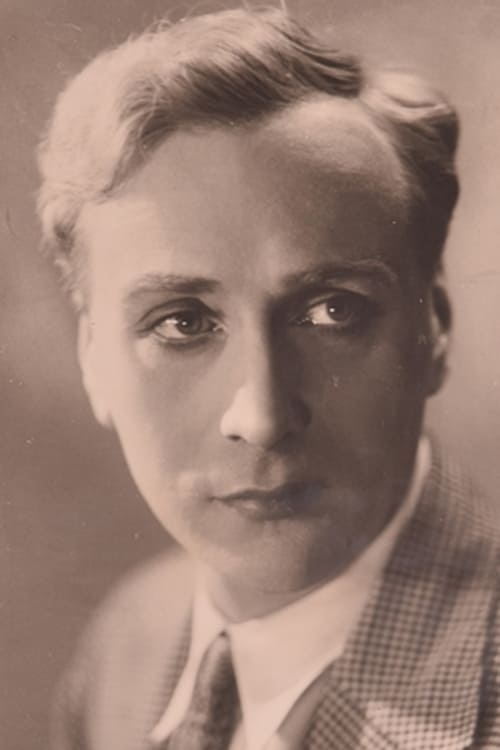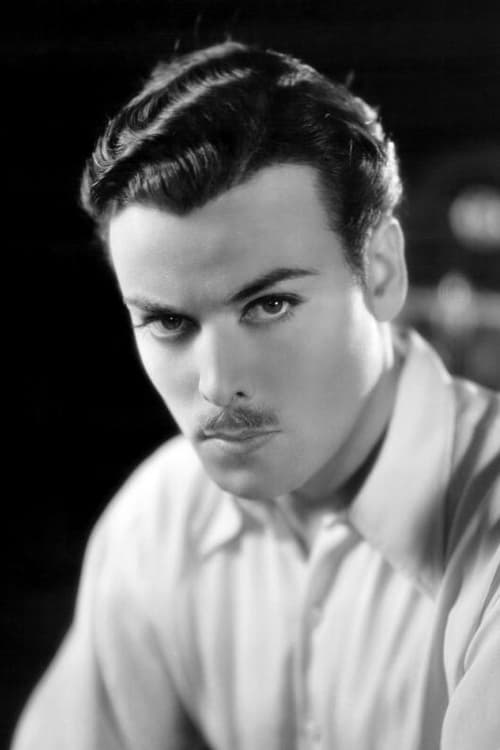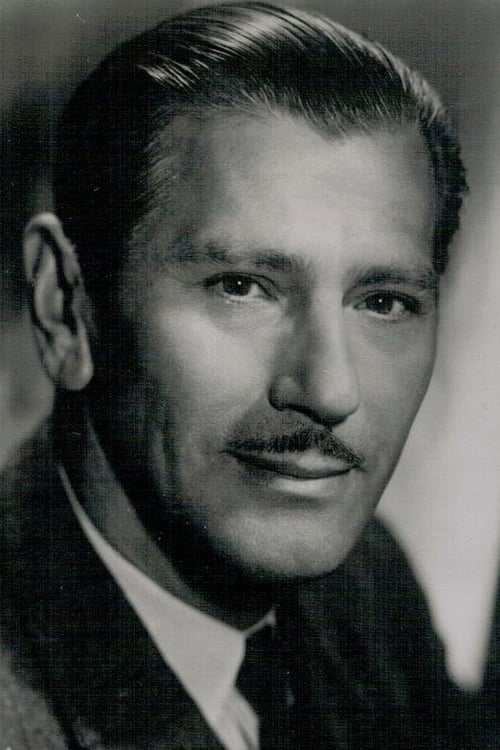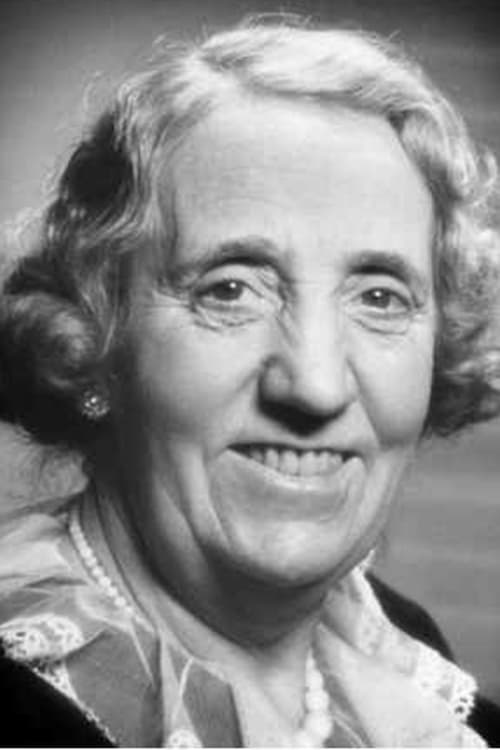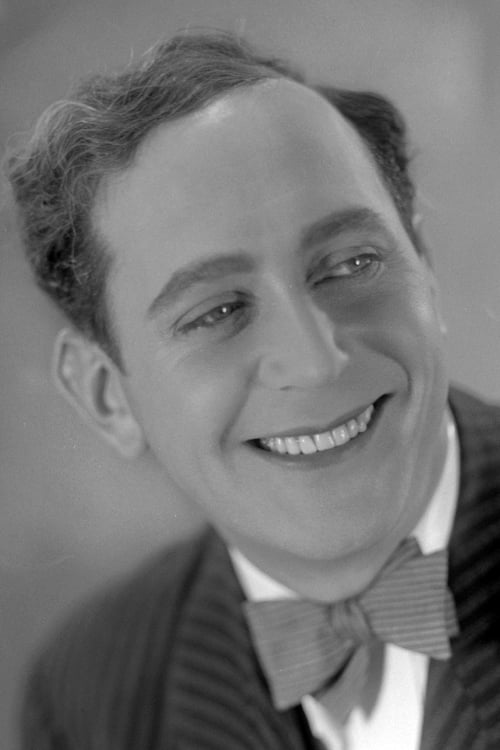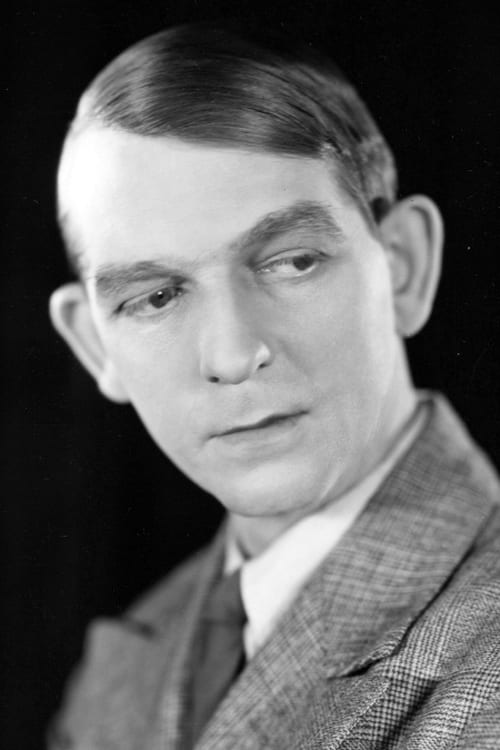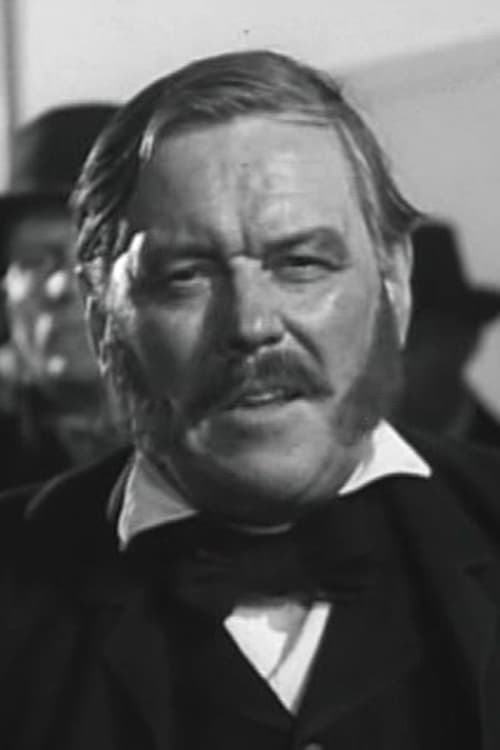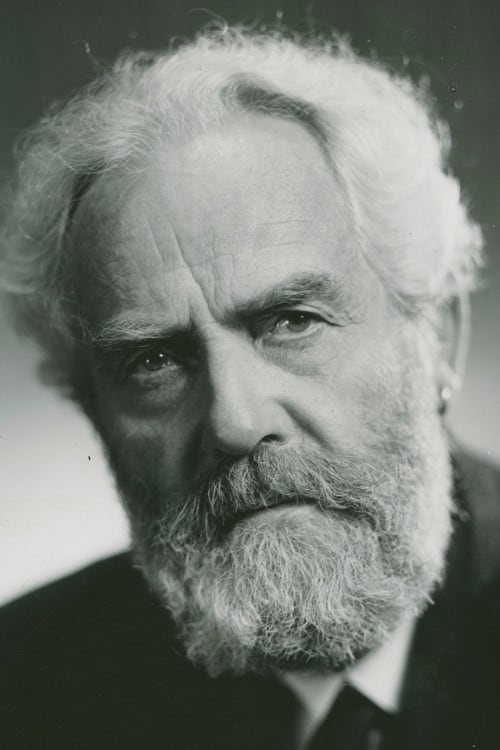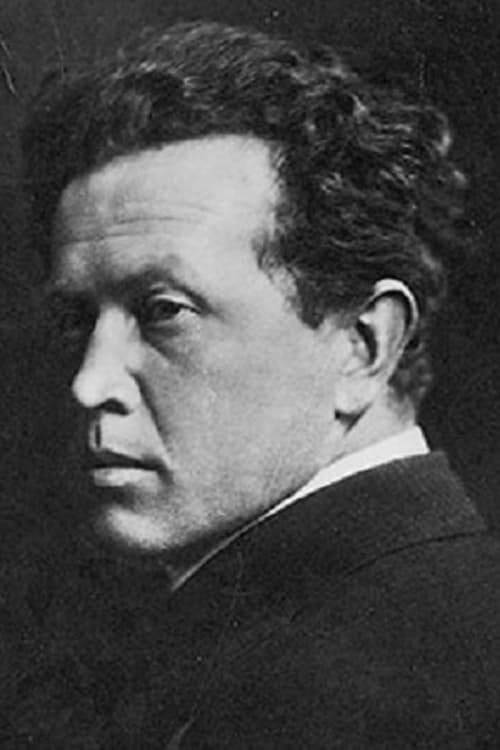Love's Crucible (1922)
Genre : Drama
Runtime : 1H 33M
Director : Victor Sjöström
Synopsis
At the end of the middle ages, Ursula is accused of having poisoned her own husband. She claims she is innocent, but to prove it, she must submit to a ritual: trial by fire, walking on fire along a path leading directly to a crucifix. A film that has been much commended for the visual creativity shown by the director in successive blending in of images involving Ursula, her husband, the Virgin Mary, and Jesus Christ. Much applauded, also: the performance of Jenny Hasselqvist, thus described by French director René Clair: “We shall never forget her flaming eyes, the severity of her spirit, her abrupt and alarmed expressions, like an animal under threat.”

The Tramp struggles to live in modern industrial society with the help of a young homeless woman.
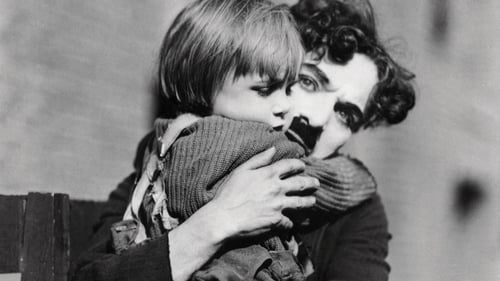
A tramp cares for a boy after he's abandoned as a newborn by his mother. Later the mother has a change of heart and aches to be reunited with her son.

In this sound-era silent film, a tramp falls in love with a beautiful blind flower seller.

The mysterious Count Orlok summons Thomas Hutter to his remote Transylvanian castle in the mountains. The eerie Orlok seeks to buy a house near Hutter and his wife, Ellen. After Orlok reveals his vampire nature, Hutter struggles to escape the castle, knowing that Ellen is in grave danger
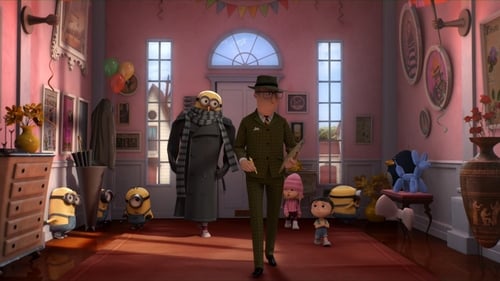
A social worker is coming to Gru's house to check if it's suitable for children. Margo, Edith, Agnes and the Minions must take care of the situation.

Mia recounts her most intimate confessions, uncensored, in her first approach to a totally new world of domination and submission.

A documentary filmmaker interviews the now-famous Trevor Slattery from behind bars.
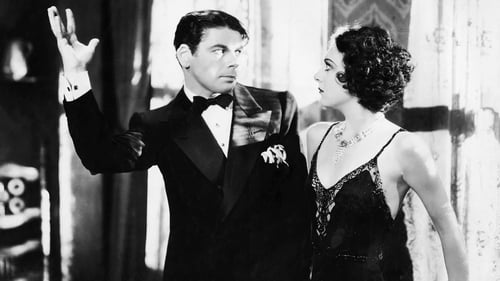
In 1920s Chicago, Italian immigrant and notorious thug, Antonio "Tony" Camonte, shoots his way to the top of the mobs while trying to protect his sister from the criminal life.

After discovering her mother’s dead body, Luz tries to protect her younger sister, Catalina, from the harmful reality by using fantasy and games.
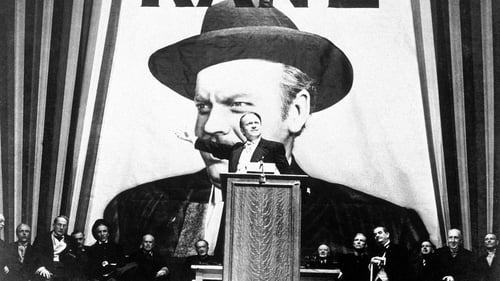
Newspaper magnate, Charles Foster Kane is taken from his mother as a boy and made the ward of a rich industrialist. As a result, every well-meaning, tyrannical or self-destructive move he makes for the rest of his life appears in some way to be a reaction to that deeply wounding event.
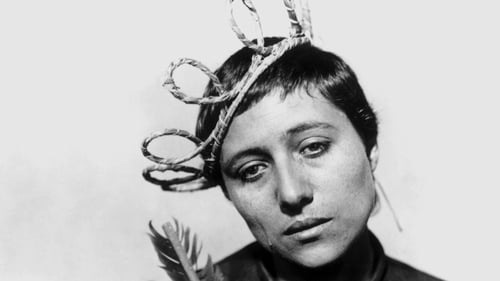
A classic of the silent age, this film tells the story of the doomed but ultimately canonized 15th-century teenage warrior. On trial for claiming she'd spoken to God, Jeanne d'Arc is subjected to inhumane treatment and scare tactics at the hands of church court officials. Initially bullied into changing her story, Jeanne eventually opts for what she sees as the truth. Her punishment, a famously brutal execution, earns her perpetual martyrdom.

A holiday favourite for generations... George Bailey has spent his entire life giving to the people of Bedford Falls. All that prevents rich skinflint Mr. Potter from taking over the entire town is George's modest building and loan company. But on Christmas Eve the business's $8,000 is lost and George's troubles begin.
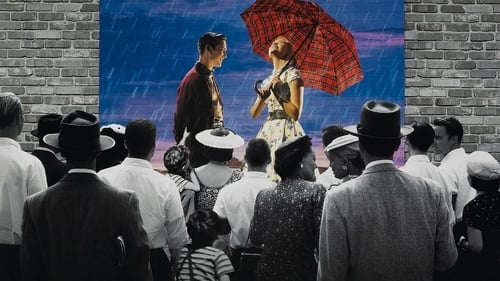
Geeky teenager David and his popular twin sister, Jennifer, get sucked into the black-and-white world of a 1950s TV sitcom called "Pleasantville," and find a world where everything is peachy keen all the time. But when Jennifer's modern attitude disrupts Pleasantville's peaceful but boring routine, she literally brings color into its life.

Two lighthouse keepers try to maintain their sanity while living on a remote and mysterious New England island in the 1890s.

As a filmmaker and his girlfriend return home from his movie premiere, smoldering tensions and painful revelations push them toward a romantic reckoning.

An alien and a robot land on Earth after World War II and tell mankind to be peaceful or face destruction.
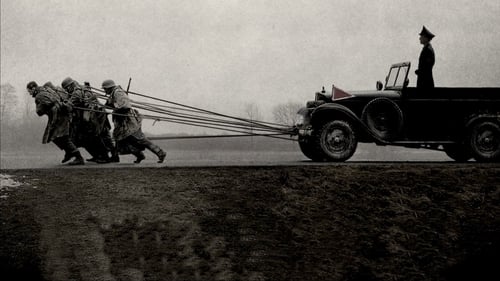
Germany, 1945. Soldier Willi Herold, a deserter of the German army, stumbles into a uniform of Nazi captain abandoned during the last and desperate weeks of the Third Reich. Newly emboldened by the allure of a suit that he has stolen only to stay warm, Willi discovers that many Germans will follow the leader, whoever he is.

The farmer Knut Husaby has a daughter, Aslaug, who is the most beautiful girl in the village. Many boys are after her, but Knut and his two sons drive them away, if they come too close to the farm. Aslaug is secretly in love with Tore Naesset. But he is only a smallholder's son, and when he asks for Aslaug's hand, her father just laughs at him. Instead her father wants Aslaug to marry Ola Thormundson, a gawky boy, who is the son of the wealthiest farmer in the village. Aslaug brings her family's cattle to the Husaby summer farm up in the mountain. Only one road leads to the summer farm, and it passes right by the main farm. When Tore returns from a visit to Aslaug in the mountains, Knut and his sons beat him black and blue. As it's impossible for him to use the road anymore, Tore has to figure out another way to go to Aslaug. Next Saturday he crosses the fiord in a rowing-boat. He stops at a fifty meter high wall of rock, and starts climbing it, hoping to reach Aslaug at the top.
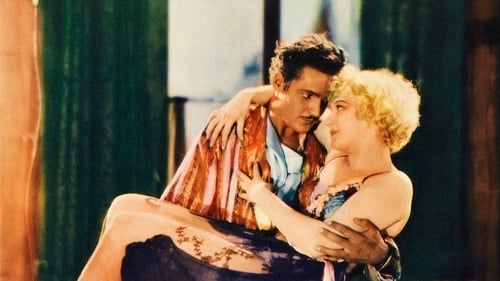
An Arab prince born and raised in the desert and a beautiful Frenchwoman from Paris fall in love and marry, but the tremendous differences in their backgrounds and the cultural differences between their two different societies put strains on their marriage that may well prove irreparable.

Jack, a southern spy during the Civil War, must try to capture a shipment of gold. His task is complicated by the two sisters, Native Americans, and a firing squad.

An hour-long filmed profile of Amos Vogel, 82-year old New York resident and Austrian emigre, founder of the New York Film Festival and America's most important film society, Cinema 16.

The worlds first screen adaptation of a Shakespeare play.

A series of 19 musical and comedy "vaudeville" sketches presented in the form of a live television broadcast hosted by Tommy Handley (as himself).
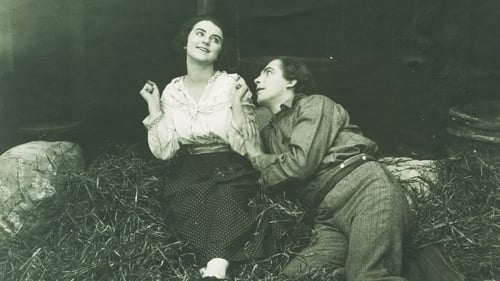
The son of a wealthy farmer loves a simple maid, for which he's booted out of the house by his father.
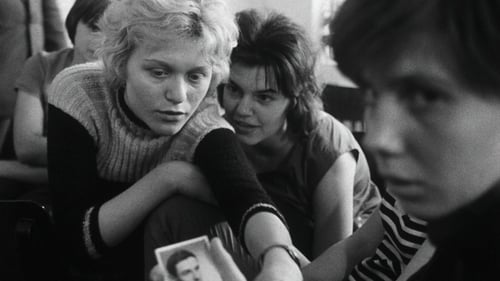
The themes of anarchy and individualism that run through Věra Chytilová’s work begin here, in an almost docu-realist look at women finding freedom and joy amid the rigid conformity of life in a communal factory dormitory.

This epic adaptation of The Count of Monte Cristo was directed by Henri Fescourt, and stars Jean Angelo, Lil Dagover, Pierre Batcheff, the beautiful Marie Glory, and Bernhard Goetzke as the Abbé Faria.

A 1917 Swedish drama film directed by Victor Sjöström, based on a 1913 novel by Selma Lagerlöf. It was the first in a series of successful Lagerlöf adaptions by Sjöström, made possible by a deal between Lagerlöf and A-B Svenska Biografteatern (later AB Svensk Filmindustri) to adapt at least one Lagerlöf novel each year. Lagerlöf had for many years denied any proposal to let her novels be adapted for film, but after seeing Sjöström's Terje Vigen she finally decided to give her allowance.

A documentary portrait of Miho Shimao, widow of renowned Japanese writer Toshio Shimao.

Director Jonas Mekas travels through New York nights, through apartments, studios, backstage rooms, galleries, bars, and clubs. Encountering old acquaintances like Ken and Flo Jacobs, Yoko Ono, friends, brothers and sisters, sons and daughters. Mr. Mekas begins the film with the words 'I can't sleep.' Who hasn't been in this situation? Sleepy and yet wide awake at the same time, you find yourself in the world of those exhausted from the day's exertions, the drunk, the relaxed, the dancing, the brooding, the mourning, and the pensive.

Liv Ulmann's directorial debut also had her co-authoring the screenplay (with poet Peter Poulsen) as based on a Henri Nathansen's 1932 novel about an affluent late 19th century Jewish merchant family in Copenhagen. Ulmann focuses on strong-willed daughter Sofie's progress through life: a love affair with a gentile painter, an arranged marriage , childbirth and ever more fateful challenges.

In Granada in Spain, Sibilla works as a dancer in a squalid cabaret called El Dorado, struggling to earn enough to care for her sick child. The boy's father Estiria, a prominent citizen, refuses them both help and recognition, fearful of jeopardising the engagement of his adult daughter Iliana to a wealthy nobleman. Iliana however slips away from her engagement party to meet her real lover Hedwick, a Swedish painter. Sibilla, in desperation after a further rejection by Estiria, sees an opportunity to blackmail him by locking the lovers overnight in their meeting-place in the Alhambra.
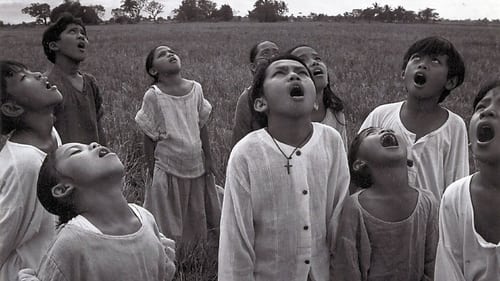
What follows is a black-and-white silent film set in the 1890s during the brewing Filipino revolution against Spanish colonialism. A series of tragic and comic sequences tells the Three Ages of an Indio (“common man”) as he progresses from boy bell ringer in a village church to teenage revolutionary to adult theater actor rehearsing a popular Spanish play.
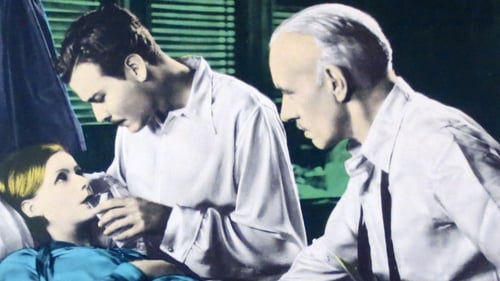
A prince in Java tries to seduce his visitor's wife, but he's discovered.

A bumbling sawmill employee tries to win the hand of the owner's daughter while staying out of the clutches of the mill's bullying foreman.
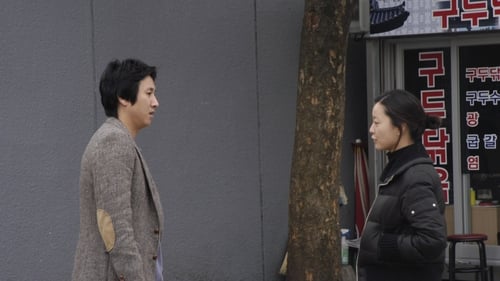
Hong Sang-Soo’s Lost in the Mountains (South Korea, 32min) the visitor is the supremely self-centred Mi-Sook, who drives to Jeonju on impulse to see her classmate Jin-Young – only to discover that her friend is having an affair with their married professor, who Mi-Sook once dated herself. The level of social embarrassment goes off the scale. In Naomi Kawase’s Koma (Japan, 34min), Kang Jun-Il travels to a village in rural Japan to honour his grandfather’s dying wish by returning a Buddhist scroll to its ancestral home. Amid ancient superstitions, a new relationship forms. And in Lav Diaz’ Butterflies Have No Memories (Philippines, 42min) ‘homecoming queen’ Carol returns to the economically depressed former mining town she came from – and becomes the target of an absurd kidnapping plot hatched by resentful locals. Serving as his own writer, cameraman and editor, Diaz casts the film entirely from members of his crew and delivers a well-seasoned mix of social realism and fantasy. —bfi

A well educated and humble teacher arrives in a new city and at a new job in the pre-revolutionary Iran. He falls in love with a hardworking underprivileged young woman that nurses her very old mother and raises her young brother. In an environment where commitments and social problems often stand in the way between people and their dreams.

The frogs have a democracy, but they beseech Jupiter to send them a king. Jupiter can hardly believe this amphibian foolishness, so he sends them a tree as king. The frogs make obeisance to their new monarch, but they are dissatisfied and petition Jupiter again.

